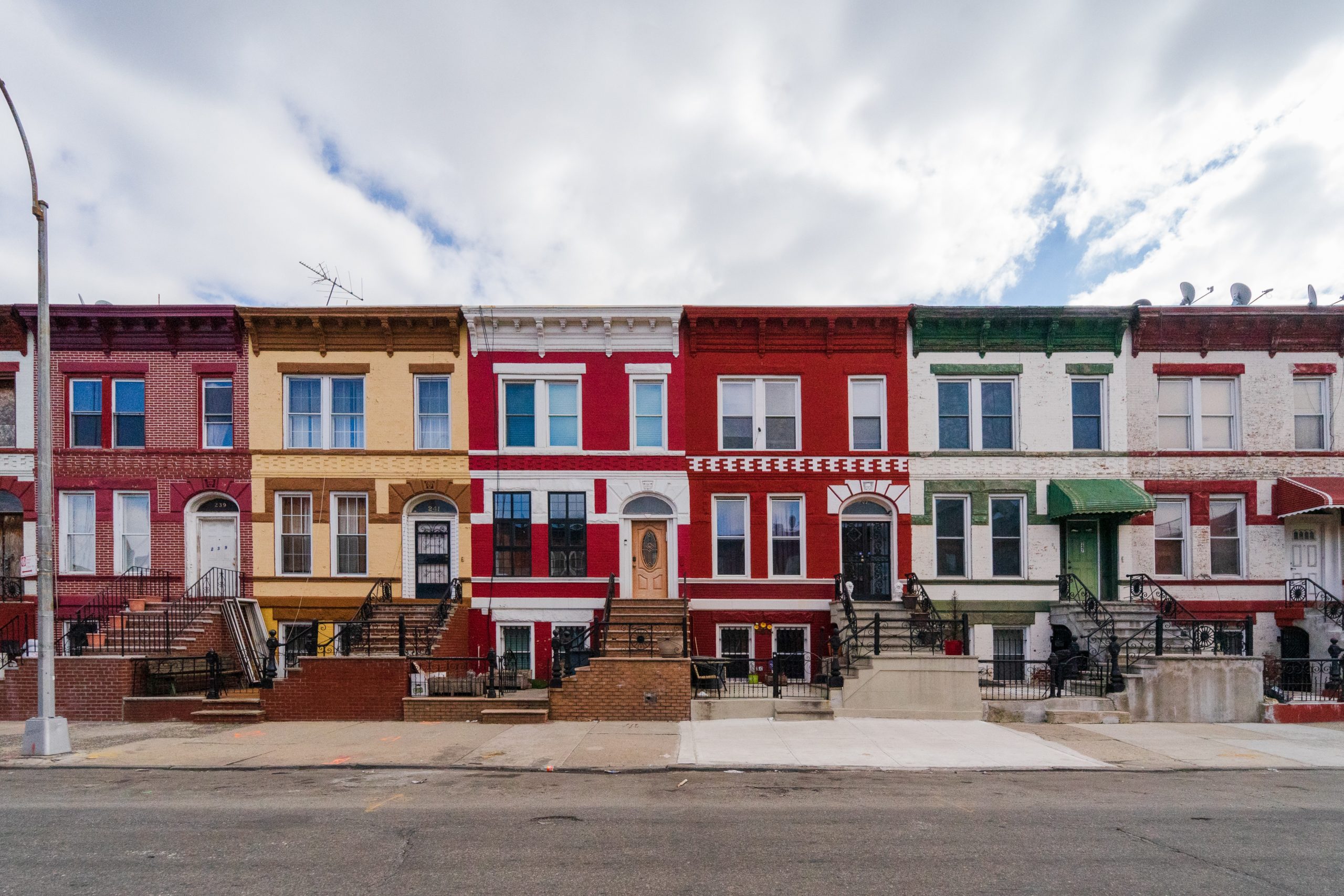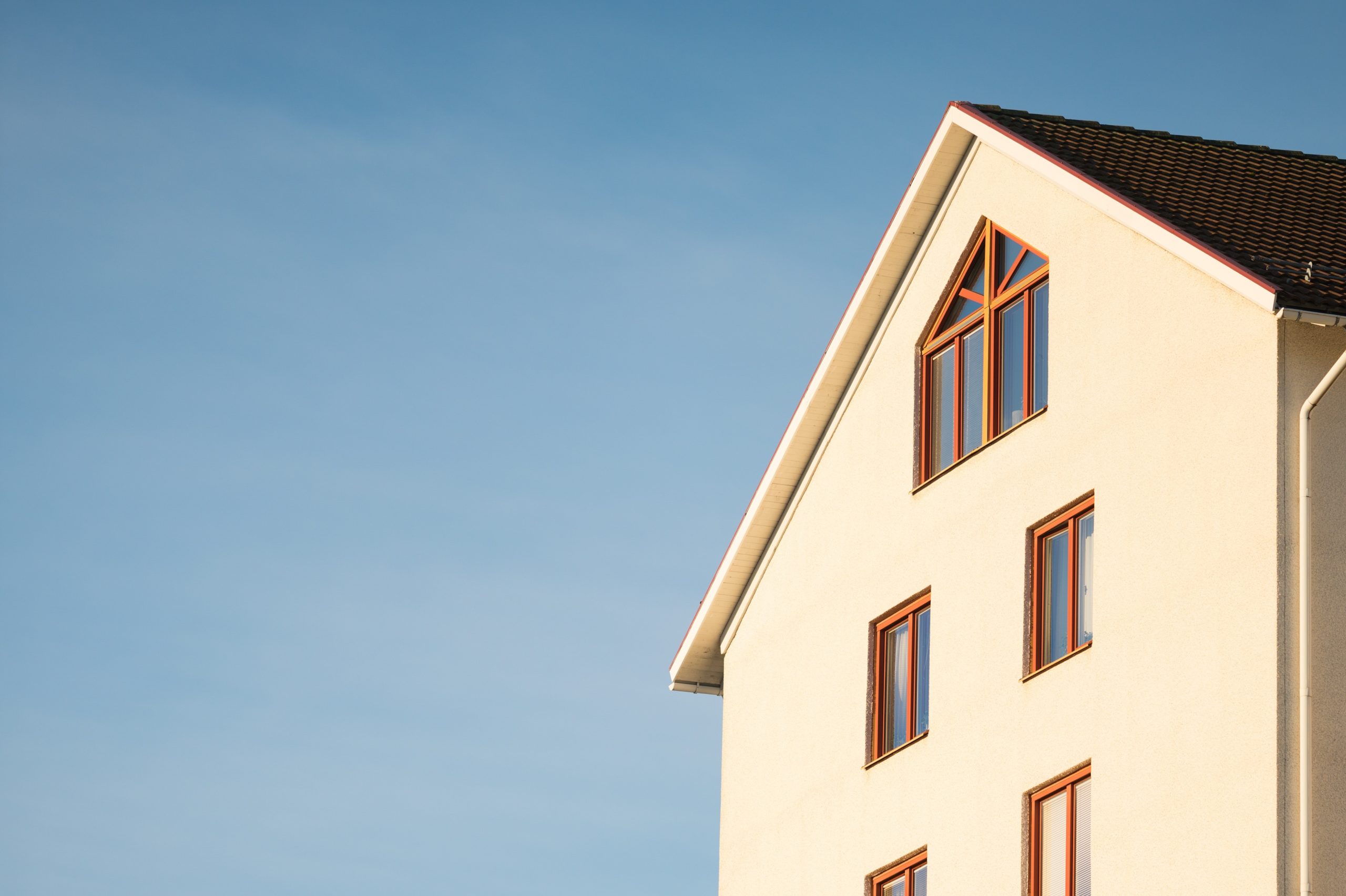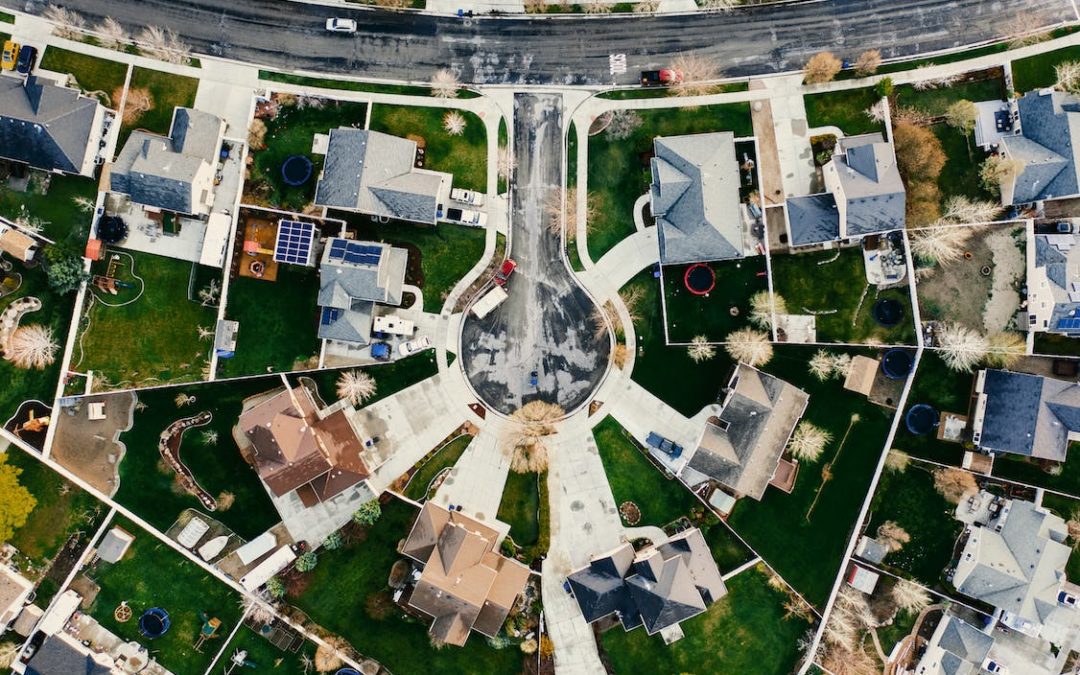Although one of the most exciting, finding the ideal house is also one of potentially daunting decisions in a person’s life. As a result, you are probably under a lot of self-imposed pressure. Yet, this is perfectly normal when you are in the process of choosing the right neighborhood to buy a house.
However, this is one of those decisions that should not be made hastily. Once the purchase contract has been signed, there is no going back. Hence, we will discuss a few guidelines to keep in mind when you start sifting through property listings.
Interestingly, homebuyers sometimes tend to focus too much on the characteristics of the property itself. As a result, they fail to consider the surroundings in which the property is situated. Also, even if you are native to the place where you intend to buy your new home, you might have incorrect or outdated information about different neighborhoods. That is why you need to research areas of interest based on a few factors that influence its residents’ quality of life and lifestyle.
1. Do your research with an open mind
It might be tempting to base your opinion on hearsay or stereotypical information about the neighborhood you are interested in. This is why it helps to have a real estate agent specializing in the given area on your side.
Also, information that you find online can be incredibly telling but also highly biased. So, keep an open mind while you research the characteristics of a neighborhood. Our suggestion is to always double-check every piece of information you stumble upon with a local or your Realtor. If possible, do some footwork around the neighborhood to see if you can picture yourself living there.

Some buyers may be purchasing their homes on a budget. However, they might unnecessarily fall into the trap of researching housing only in the more affordable neighborhoods. Try not to restrict your search based on the ‘pricing reputation’ of the area. It often happens that people find their dream home in a neighborhood that is seemingly out of their price range.
2. Understand your income and budget
Speaking of the budget, people sometimes overestimate their financial capabilities. Buying a home involves more than just paying your mortgage, particularly if you are moving somewhere where you are not acquainted with the state and local taxes, fees, and regulations.
Hiring a broker or a financial advisor can help you analyze your income. In this way, you will have a realistic picture of which neighborhood you can and cannot afford to live in.

Furthermore, while finding a neighborhood and a home that is to your liking might be your principal concern, it also makes sense to account for the costs and time needed to relocate before purchasing the house. People tend to overlook this, which is why it makes sense to plan for the move out well ahead of time. Doing so will speed up your moving process so that you can relocate without wasting time. Such foresight will help you wrap up the entire relocation process in the shortest amount of time possible.
3. Consider amenities when choosing the right neighborhood to buy a house
You should factor in the amenities that you have access to in the neighborhood as well. A good area for you does not necessarily have to be the one with orchards, neat lawns, and other tokens of suburban living. In contrast, some people prioritize having access to efficient public transport, hospitals, restaurants, etc. Also, consider proximity to parks and playgrounds if you have kids or dogs.
Of course, this depends on what your personal needs and preferences are. It would be best to observe the property within the context of the neighborhood and the neighborhood within the context of the city.
4. Pay attention to the details
So, you have done your research and shortlisted 2-3 neighborhoods with all the amenities you need to live life comfortably. But the investigation should not stop there. If you commute daily, it makes sense to test out the reliability of the public transit system during commute hours.
Other relevant points you should consider could be large municipal projects aimed at improving the neighborhood in the future. Also, it makes sense to contrast the property value with the quality of the infrastructure (green spaces vs. streets vs. parking lots ratios). Furthermore, be sure to feel the cultural climate, major concerns of the local community, and other factors that will make up your day-to-day life.

5. Pay attention to education and job prospects in the area
Naturally, it is not just the price of housing and living that should guide your home purchasing decisions. Apart from the infrastructure and community, it would help if you also considered education and the job market.These are essential indicators of the overall quality of life in the given neighborhood.
Even if you do not plan to have children soon, educational institutions and professional opportunities may indicate the reputation and way of life in the area. Usually, the better the education is, the more dynamic the economy and society within that neighborhood area.
6. Take a look at the statistics, but do not follow them blindly
Crime statistics never tell the whole story about the quality of life in a neighborhood. They usually obscure the crime rates because of frequent reclassifications of what counts as a demeanor. Hence, choosing the right neighborhood to buy a house should be affected by testimonials from locals, local newspaper reports, history, and location. Just referring to the stats can give you a reductive picture. Therefore, try to avoid taking such decontextualized information for granted.
All in all, choosing the right neighborhood to buy a house will involve a lot of searching, researching, asking, and looking. As long as you remember to consider the points we have discussed and your personal needs and preferences, you will be alright. Reach out to a professional real estate agent, and don’t rush anything. When you see the area you love, you will know it.
Contact the Principal

Marcus Roper
Broker Associate / Compass Real Estate
Principal / The Westhorn Group
Marcus began his career as a real estate analyst at Goldman Sachs in Dallas, Texas. His team was responsible for the investment of Goldman’s capital into real estate portfolios.
Marcus has since then established himself as a Realtor® & Broker in the western areas of Austin, specializing in high-end new construction, boutique listings, staging & design, and a seamless client experience.
Marcus enjoys viewing and playing live music, exercising on Town Lake, and playing golf at Barton Creek & Austin County Clubs.













